I can’t imagine what it must be like to grow up on social media, especially as someone who says things in public—to try to figure out who you are as an adult while living under the panoptic gaze of TikTok and Instagram, or to have one’s intellectual identity shaped by the performative shoutysphere of Twitter. I’m old enough to have missed all that, but
, a 21-year-old Canadian writer who has built a large presence on social media and a cult-favorite Substack called , has forged her life and career in the attention economy. How has she dealt with it? With a soul-saving dose of self-awareness.“I think almost everybody who posts to some degree on the internet is addicted to attention,” she says. “I mean, most of these apps literally try to make you addicted to the attention, actively.” And she’s acutely attuned to the dark sides, noting that the things that win the most attention on social media are those she considers ethically wrong. If she has her way, she’ll be living on a farm by the age of 35, largely disconnected from the internet. For now, however, she remains very online and very interesting.
Rayne communicates on social media and Substack with intelligence and wit to a devoted audience mostly made up of teenagers and young women. Her followers devour her takes on the shaming of public-facing women, the real motivations behind the takedowns of “West Elm Caleb,” and the attacks on Amber Heard. They laugh at her jokes on TikTok, thrill to her (sometimes private) tweets, and go deep with her in Substack Chats.
In this conversation, which we recorded live in front of an audience at Substack HQ, we talk about the hostility of TikTok, where people are constantly seeking to misunderstand each other; how she cultivates an online persona that’s close to, but not quite, her real self; and treading the fine line between an open discussion of mental illness and the commodifying of it through social media. “It’s tough,” she says, “because the fan base that I have, and the way that I can present myself, almost anything that I do can become an object of envy or an object of romanticization, which is really strange.”
We have video
Quotes from the conversation
On the next generation
When I see what 15- and 16-year-olds are consuming on TikTok right now, and the way that their identities are just being forcibly commodified and shaped for corporate profit—in a way that is totally unprecedented—it makes my blood run cold.
On being a niche social media celebrity
Having hundreds of thousands of followers has just obviously changed my life, and given me a wealth of opportunities that people who were in my situation couldn’t imagine having in a time that social media didn’t exist. But it also has warped my brain and made me reactive and obsessive, and fearful and desperate for attention and validation.
On the hostility of TikTok
You have to assume that the majority of your audience is going to be actively looking for the most egregious way to misunderstand what you’re saying.
On the glamorization of mental illness
I don’t mean to build myself up or anything, but a degree of why I’m successful is this very fetishizable archetype of the esoteric, beautiful, stylish girl writer.
On becoming a teenage activist
Me and some other students started organizing protests, and then we organized a walkout, and it ended up being, at the time at least, the largest high school student walkout in Canada’s history.
On growing up in the spotlight
When I was 16, I would look up my name and there would be a popular threat on 4chan of people talking about wanting to sexually assault me, or the ways in which they would do that. And that is—when you’re 16 and you see that, it really does flip something in your brain.
On starting out as a writer
The first pitch that I ever sent got accepted, by some insane miracle. And I was like, “This is so easy. I’m going to be making a million dollars.” So I put all my eggs in that basket.
On leaving college
The reason why I started writing truly is because I dropped out of school and I was living in Vancouver and I was totally insane. And I didn’t have a fixed address, and I was either sleeping for 24 hours or not sleeping for 24 hours. And I didn’t feel like I could have a normal job. It didn’t feel like an option. And that’s why I started writing, is because I needed a job that I could do from anywhere, at any time.
On being an outsider in media
My family and the way that I grew up seemed so different from all of the people that I saw succeeding in the writing industry.
On posters
You can sort of tell when people produce a lot of content on TikTok or Twitter, because they will write in a way that is reflexively defensive of assumptions that no sane person would make. And it makes for clunky writing and clunky thinking, when you have to write for the worst-faith-possible interpretation of everything you’re doing.
On insulating from the backlash
As long as I earnestly believe that that stuff is funny, or that it’s entertaining or that it’s critically correct, it’s a lot easier for me to take the criticism as it comes.
On creating a performance
A big part of the reason why people consume what I write or want to consume what I say is because they are attracted to my persona. Which, again, frankly is something that I’m not particularly comfortable with.
On playing to the persona
A lot of my audience understands that it’s kind of a joke: that I’m doing this kind of pastiche of the type of woman that people assume me to be.
On blogs
My introduction to a lot of the ideas that have shaped who I am is these random 17-to-20-year-old girls blogging under a shitpost username on Tumblr. And I always thought that that was just so cool, and I refreshed those blogs religiously.
On writing in lowercase
I really wanted to emulate that feeling of when you’re on a blog when you’re 15, and you feel like this person is talking directly to you in a language that you can both understand.
On her writing process
I sit down in the middle of the night and I write it in six hours, and then I publish it almost immediately.
On themes and interests
I tend to be very interested in performance, particularly feminine performance, and the way that the internet exacerbates and interacts with performance in interesting and sometimes sinister ways.
On the future of big tech
I think that the pendulum is starting to swing, and people are starting to perform their intellectual contrarianism by criticizing the way that the internet operates and criticizing the way that masses work on the internet. I do think it’s possible that that could actually be a material force of change, to some degree.
On gratitude
Obviously my experience is also really unique, and I feel just exceptionally lucky. And I never stop thinking about how lucky I am. And it’s been a really, really crazy year, and it just blows my mind that people want to listen to what I have to say, honestly.
Rayne’s recommended reads:
Publishing note: The Active Voice will be on break for a few weeks over the holidays. See you in January, 2023!
Show notes
Subscribe to Internet Princess on Substack
[4:53] Becoming famous on TikTok
[6:31] Being misunderstood online
[10:54] Insulating against the backlash
[13:00] The performance of women writers
[14:40] Creating an internet persona
[16:34] Growing up with blogs
[17:56] Writing in lowercase
[20:40] Mental health communities
[23:25] Being made into a Spotify playlist
[27:01] Pitching to Vice
[27: 53] Rayne’s writing process
[30:17] Roots in activism
[33:37] Being chemically addicted to attention
[40:07] Big tech
[40:59] Dreams for Rayne’s future
[42:14] Role models
[46:17] Making a living as a young writer
[49:27] Dropping out of university
[51:21] Getting a job
[54:17] Recommended writers
The Active Voice is a podcast hosted by Hamish McKenzie, featuring weekly conversations with writers about how the internet is affecting the way they live and write. It is produced by Hanne Winarsky, with audio engineering by Seven Morris, content production by Hannah Ray, and production support from Bailey Richardson. All artwork is by Joro Chen, and music is by Phelps & Munro.
Postscript
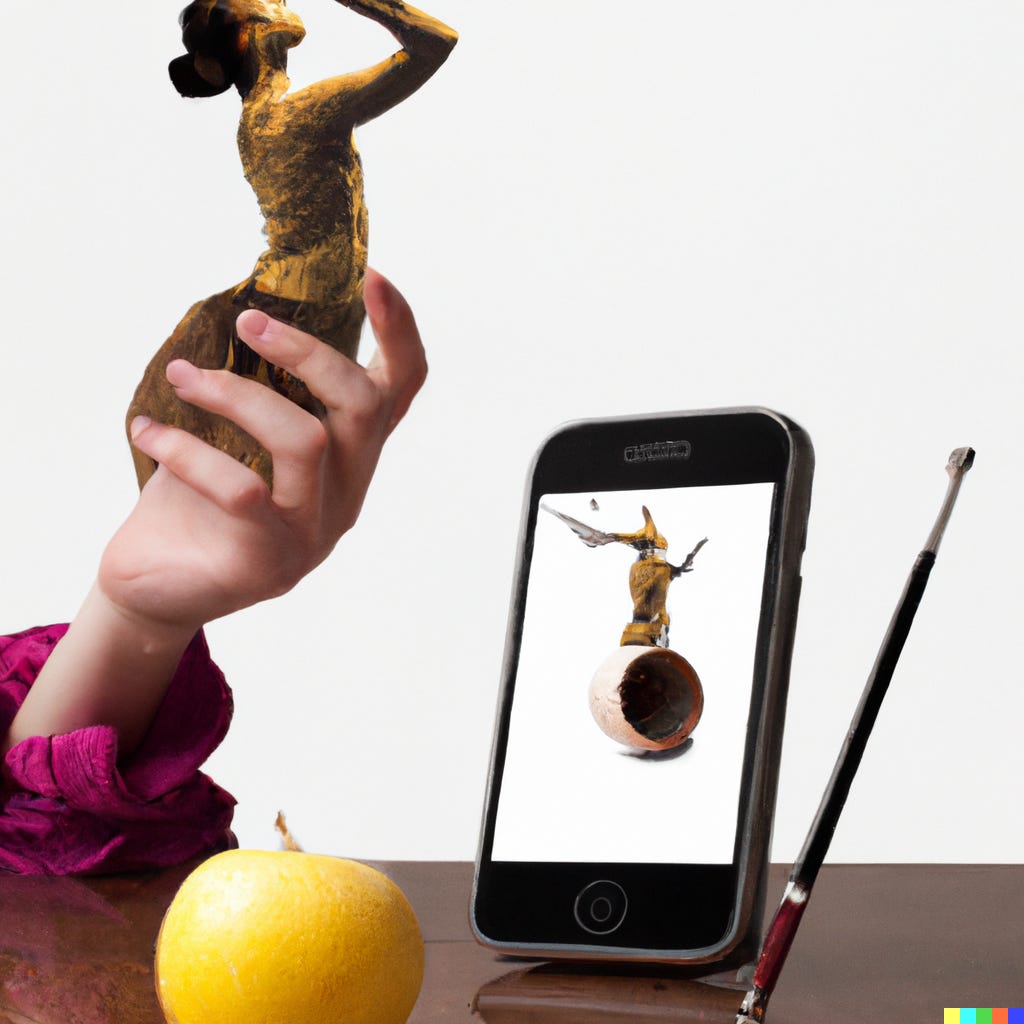


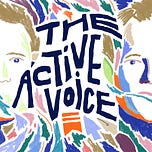



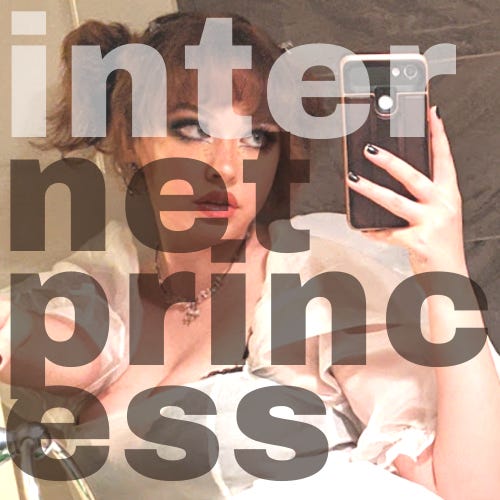

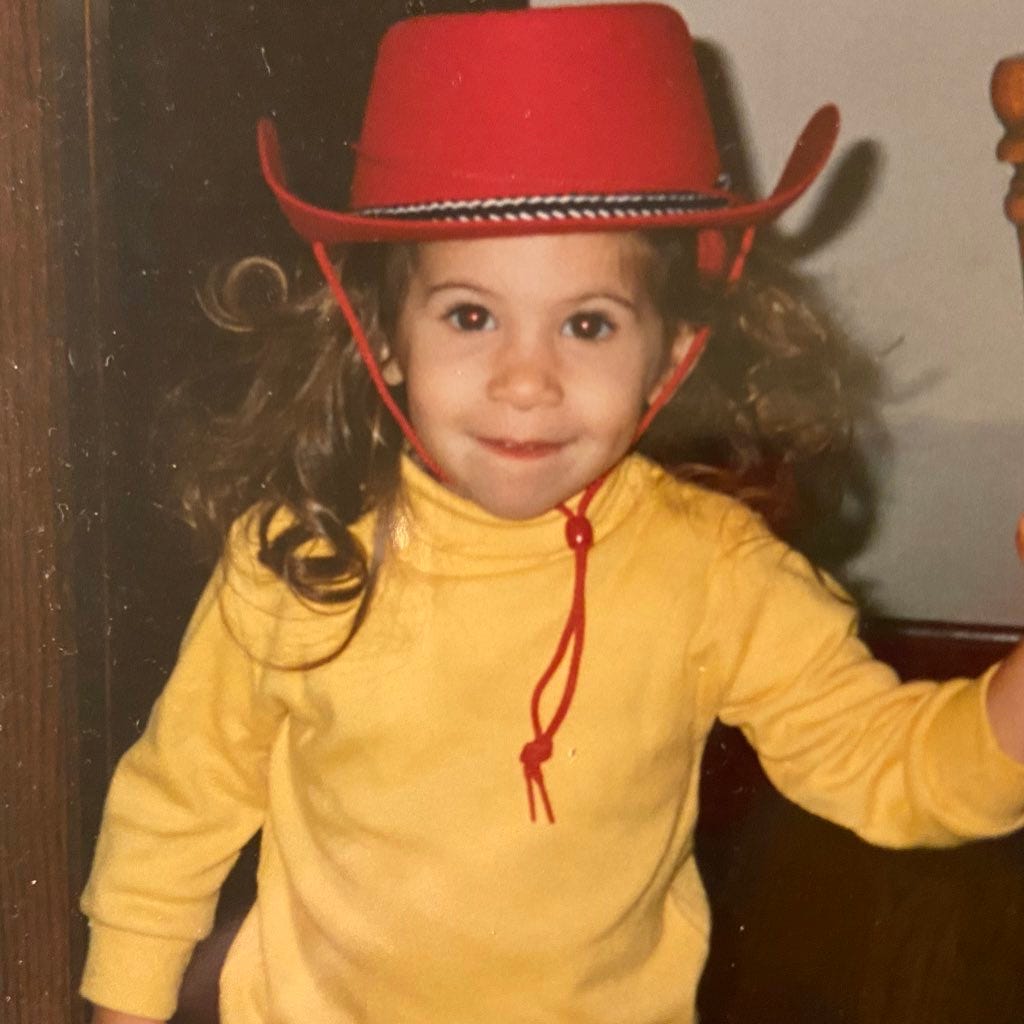












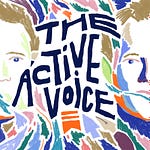
Share this post